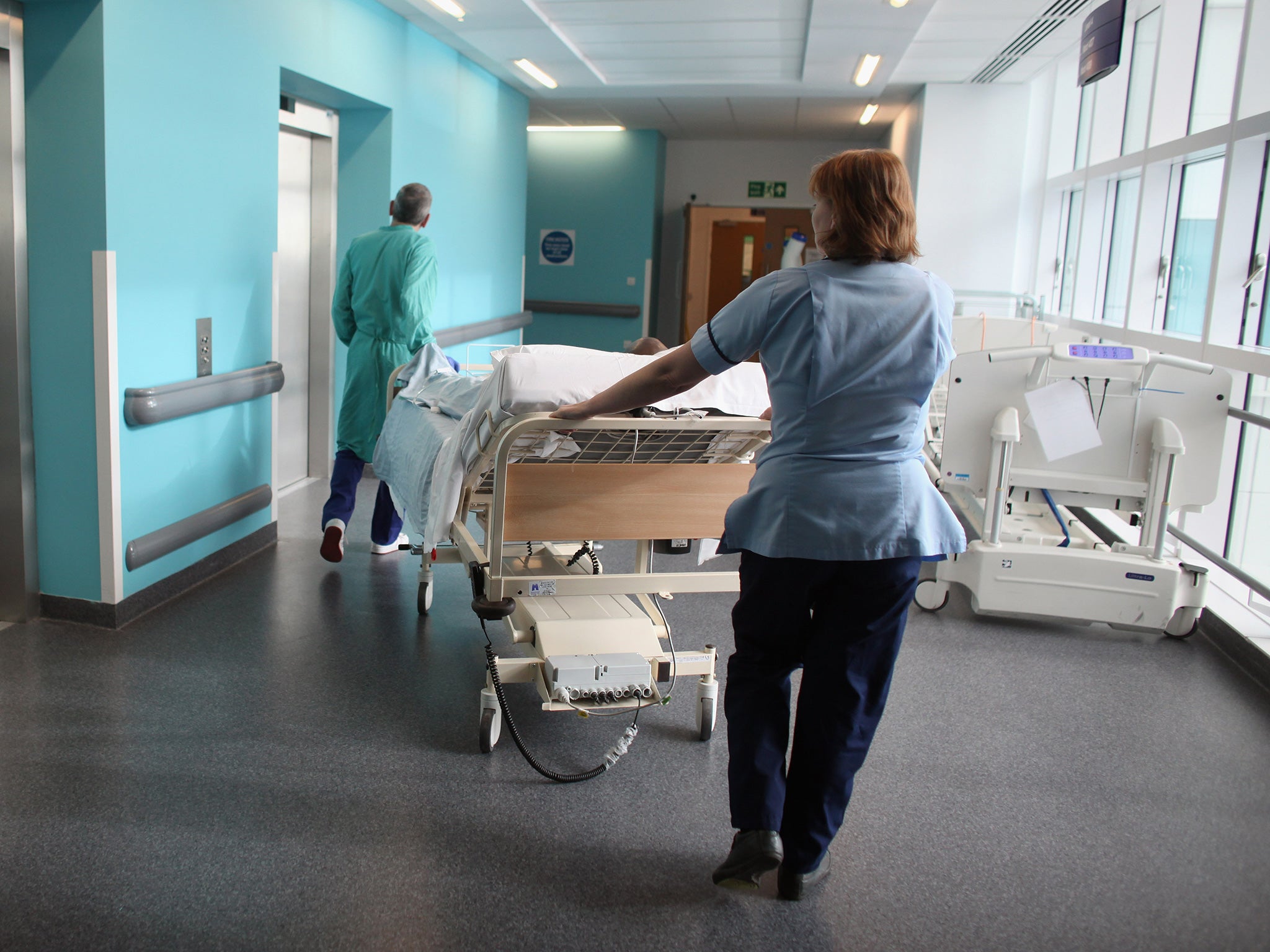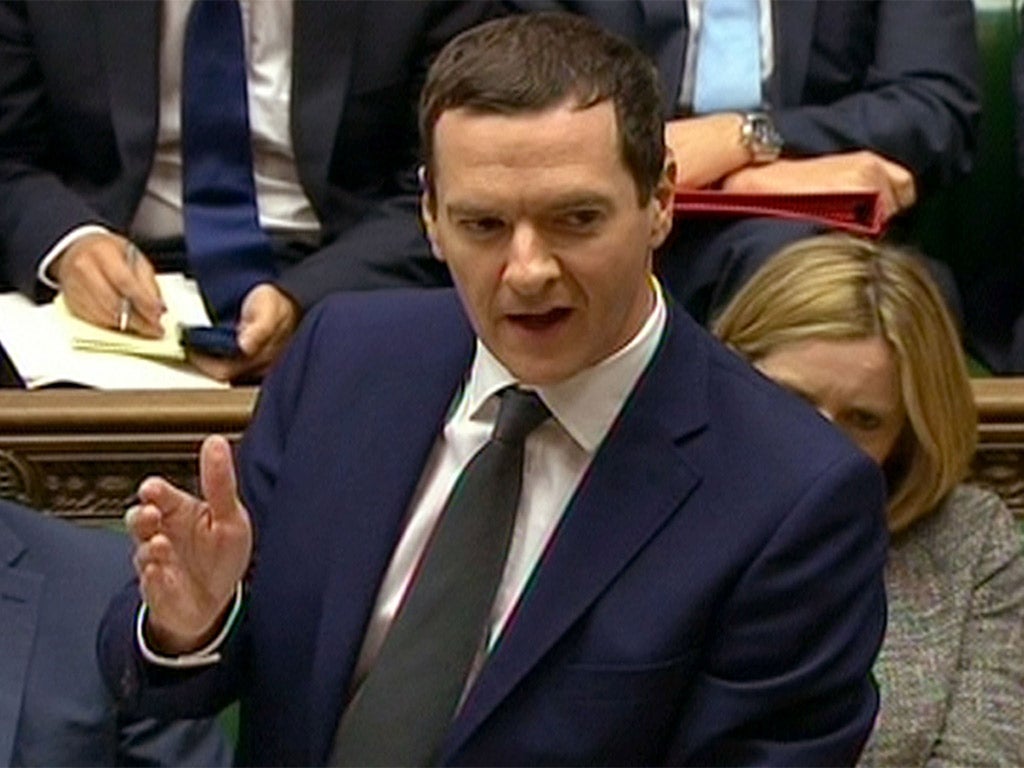NHS needs more funding this year or patient care could suffer, say health experts
Researchers at the King’s Fund found that an unprecedented nine out of 10 hospitals in England are predicting an end-of-year deficit

Your support helps us to tell the story
From reproductive rights to climate change to Big Tech, The Independent is on the ground when the story is developing. Whether it's investigating the financials of Elon Musk's pro-Trump PAC or producing our latest documentary, 'The A Word', which shines a light on the American women fighting for reproductive rights, we know how important it is to parse out the facts from the messaging.
At such a critical moment in US history, we need reporters on the ground. Your donation allows us to keep sending journalists to speak to both sides of the story.
The Independent is trusted by Americans across the entire political spectrum. And unlike many other quality news outlets, we choose not to lock Americans out of our reporting and analysis with paywalls. We believe quality journalism should be available to everyone, paid for by those who can afford it.
Your support makes all the difference.The NHS needs another funding boost this year or patient care could suffer, health experts have said, in the latest bleak assessment of the health service finances.
Researchers at the King’s Fund found that an unprecedented nine out of 10 hospitals in England are predicting an end-of-year deficit, with estimates suggesting that NHS providers could go £2bn into the red.
The stark warning from the respected think tank, which comes ahead of next week’s Budget, also undermines some of the Government’s flagship NHS pledges, stating that an £8bn funding increase for the NHS in England by 2020 – announced before the election – is a bare minimum and cannot pay for David Cameron’s promise of seven-day working across the health service.
It also says the Government’s widely-publicised strategy of cutting waste in the NHS and reducing spending on temporary agency staff is unlikely to deliver significant savings this year.
The NHS’s long-term “efficiencies” plan, which requires £22bn to be cut from the budget by 2020, is labelled “hugely ambitious”, and would require “much higher efficiency gains than the NHS has historically been able to achieve,” according to the report.
Richard Murray, director of policy at The King’s Fund, said that while last year’s deficit among NHS providers – who overspent by £823m – was unprecedented, this year was shaping up to be “much worse”.
“If the Chancellor does not find additional funding in the Budget, the government must face the consequences – either patient care will suffer or the Department of Health will overspend its budget this year,” he said. “NHS leaders have signalled a stronger focus on financial control and there is still significant scope to increase productivity in the NHS, but this will not be enough to close the black hole in NHS finances.”
The NHS is now in the sixth year of the longest funding squeeze in its history. While the budget in England increased by an average of 0.8 per cent over the last Parliament, spending has not kept up with patient demand and rising costs.
Health services in Scotland and Wales are also under intense financial pressure despite the governments in both countries also giving health services a funding boost in the past year.

The King’s Fund’s warning came as survey results reveal more patients having to wait longer to see their doctor. Results from the GP Patient Survey of more than 858,000 people found that nearly 85 per cent rate their doctors’ practice as good. However, more than a quarter could not get an appointment the last time they tried or had to wait a week or more to speak to a GP or nurse, a figure which would represent one million more patients in this category than in July 2014.
Responding to the King’s Fund’s briefing, a Department of Health spokesperson said: “We know that the environment is tough, but the NHS must deliver its side of the plan. Hospitals must now put in place the sort of cost-control measures that the Government has highlighted over the last few weeks, like clamping down on rip-off staffing agencies and expensive management consultants.”
Join our commenting forum
Join thought-provoking conversations, follow other Independent readers and see their replies
Comments